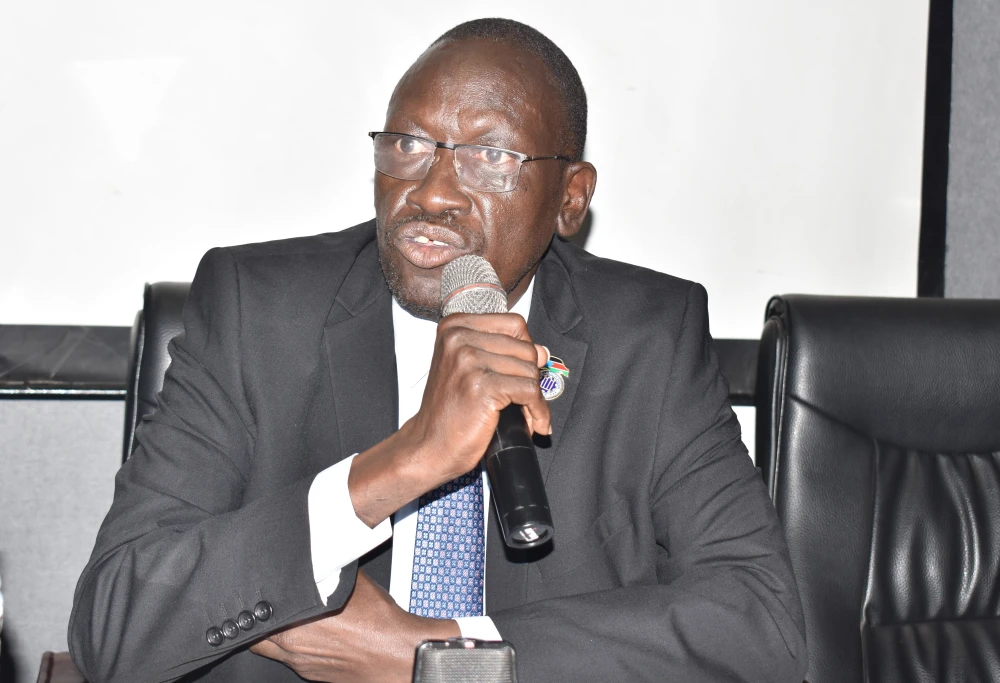
The Governor of the Bank of South Sudan has called for reforms within the oil sector to reflect the national interest of the country.
According to Moses Makur Deng, the existing Petroleum Act 2012, and the Petroleum Revenue Management Act were enacted before South Sudan took full control of its institutions.
He stated that those laws do not cater to the contemporary economic and environmental realities of South Sudan.
The Petroleum Revenue Management Act (PRMA) establishes a formalized structure for distribution of petroleum revenues to immediate budgetary needs, savings and revenue stabilization, and direct transfers to petroleum producing states and affected communities.
But experts say South Sudan has great laws that remain almost completely unimplemented.
They say – for instance – the Petroleum Revenue Management Act provides for a future generations fund that could ensure that the people of South Sudan enjoy the benefits of the country’s oil wealth long after the oil is exhausted. If implemented, the future generations fund could reach as much as $50 billion when existing oil fields run dry.
Mr. Makur urged the National Constitutional Amendment Committee to review the two acts.
“The current acts were supervised and imposed on South Sudanese…an Act of South Sudanese origin must address national staffs, community welfare, and environmental issues,” he emphasized. “Any Act or laws that ignore these fact will remain supervised even if amended.”
Ninety-eight percent of the government’s annual operating budget and 80 percent of its gross domestic product (GDP) is derived from oil, making South Sudan the most oil dependent country in the world.
Since the government gets all of its revenue from oil, it has little incentive to invest in human resources or promote the development of a middle class that could provide a sustainable tax base.
Governor Makur said proper management of oil revenue is essential in strengthening the economy and funding development programmes.
“We have concerns over the usage of oil revenue for the development of the country and the welfare of the people of South Sudan because by definition these resources should be in foreign currency and the center has to rebuild reserve in foreign currency to mitigate and to meet shocks – should anything happen, the Bank should be ready to manage those shocks,” Makur underscored.
Article 4.7 of the revitalized peace Agreement states that all national legislations must be subject to review, including the Petroleum Act 2012 and Petroleum Revenue Management Act 2012.